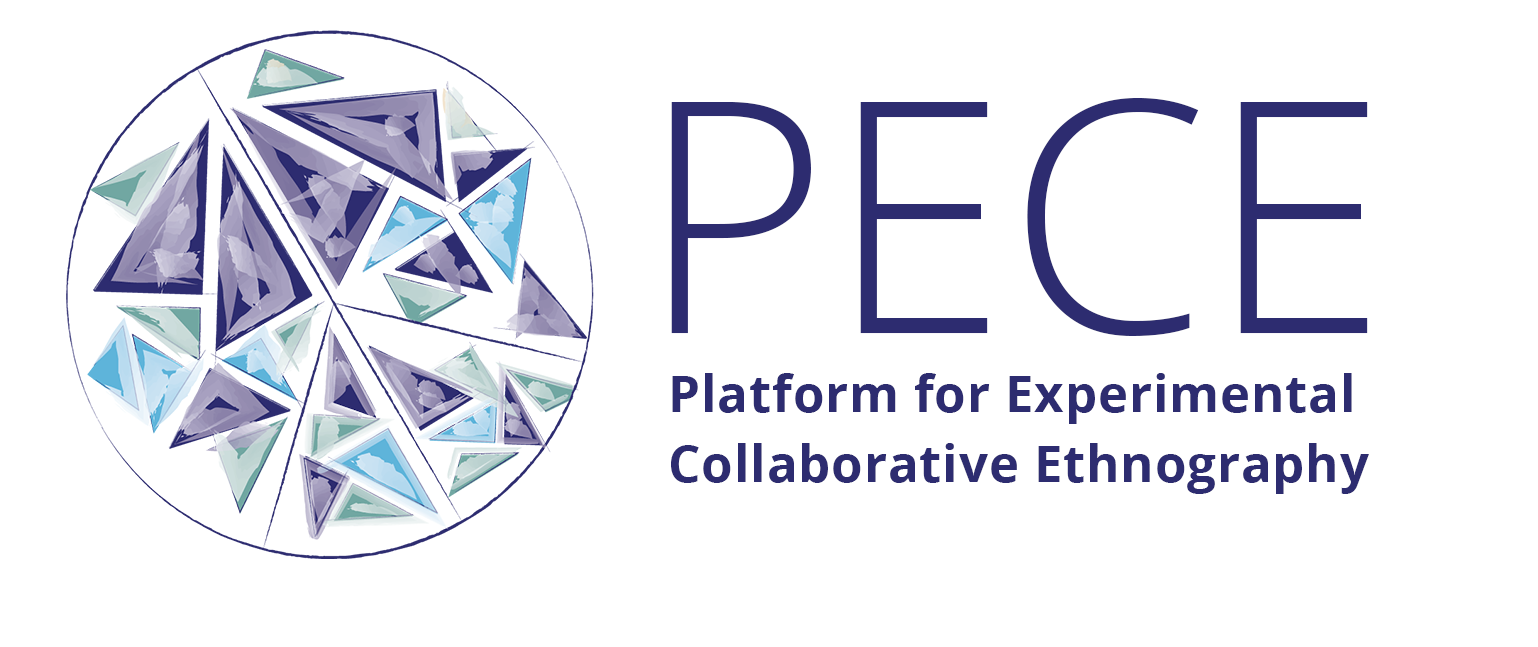Keywords: postcolonial studies, critical university studies, academic capitalism, neoliberal university, tech-philanthrophy, critical humanitarianism
This document seeks to understand how scholars have understood the relevance of scholarly knowledge to “undeveloped,” vulnerable communities and how this has been shaped, delimited, critiqued and transfigured over time, especially by leaders and scholars in Africa during the shift from colonial rule to postcolonial independence. I draw on critical post-colonial scholarship particularly derived from the experiences of former British colonies, especially Kenya, in order to examine how the history of colonialism, structural adjustment programs, and more recently, the advent of technology entrepreneurship has shaped expectations of and investments into the “global South” university, and imaginaries of what science and technology can do for socioeconomic development. I also build on work by critical development, critical ethnic and critical university scholars, in order to explore conceptualizations of and investments into the “global South” university by colonial powers, independent postcolonial governments, Bretton Woods institutions and, more recently, technology philanthropists such as the Gates Foundation and Chan-Zuckerberg Foundation. How have perceptions of the ethical and moral dimensions of investing in science and technology training and capacity building in the global South shifted across over time from the 1960s onwards? What are the pedagogical and epistemological debates that have occurred as scholars, especially those who care about social justice and equitability have navigated their role within the university?
This document seeks to understand various logics within their historical contexts which have underlined investements in “science for society” especially in the African context. This includes the contemporary “open” movements (especially Open Access, Open Science, Open Data) and their assumptions about opening up knowledge for “public good.”
